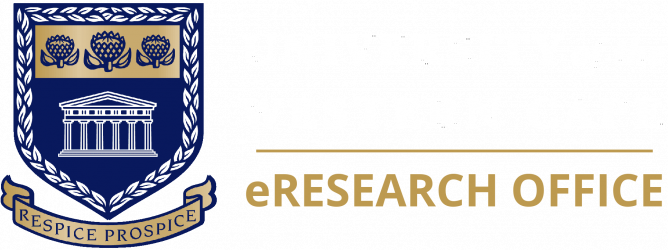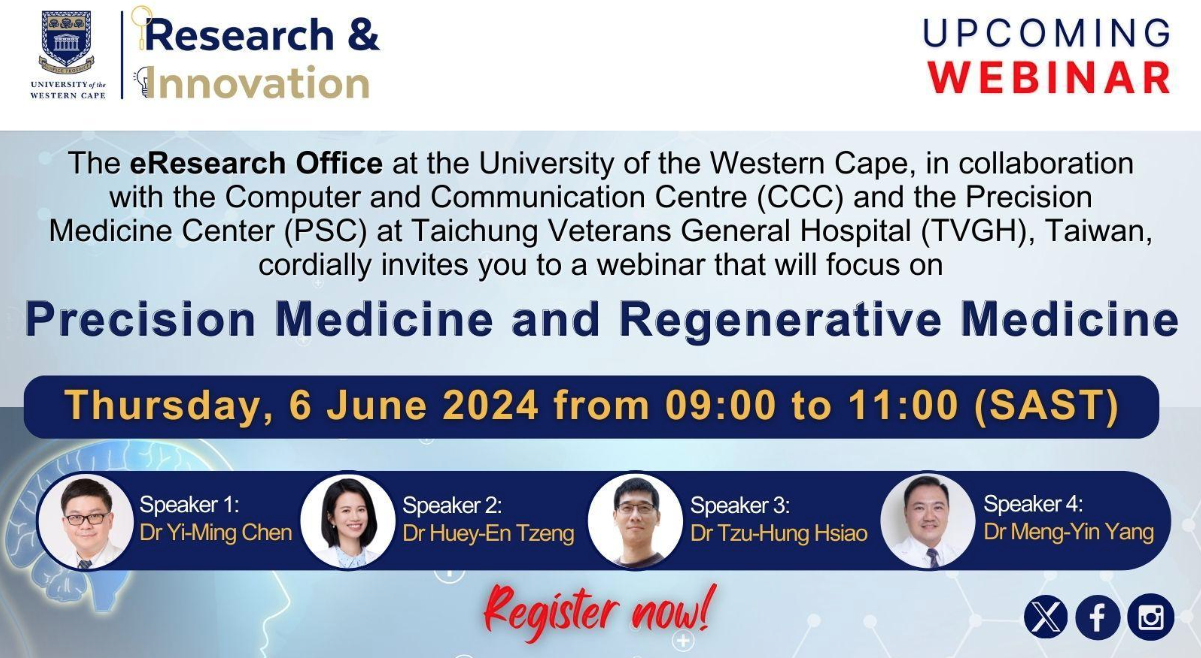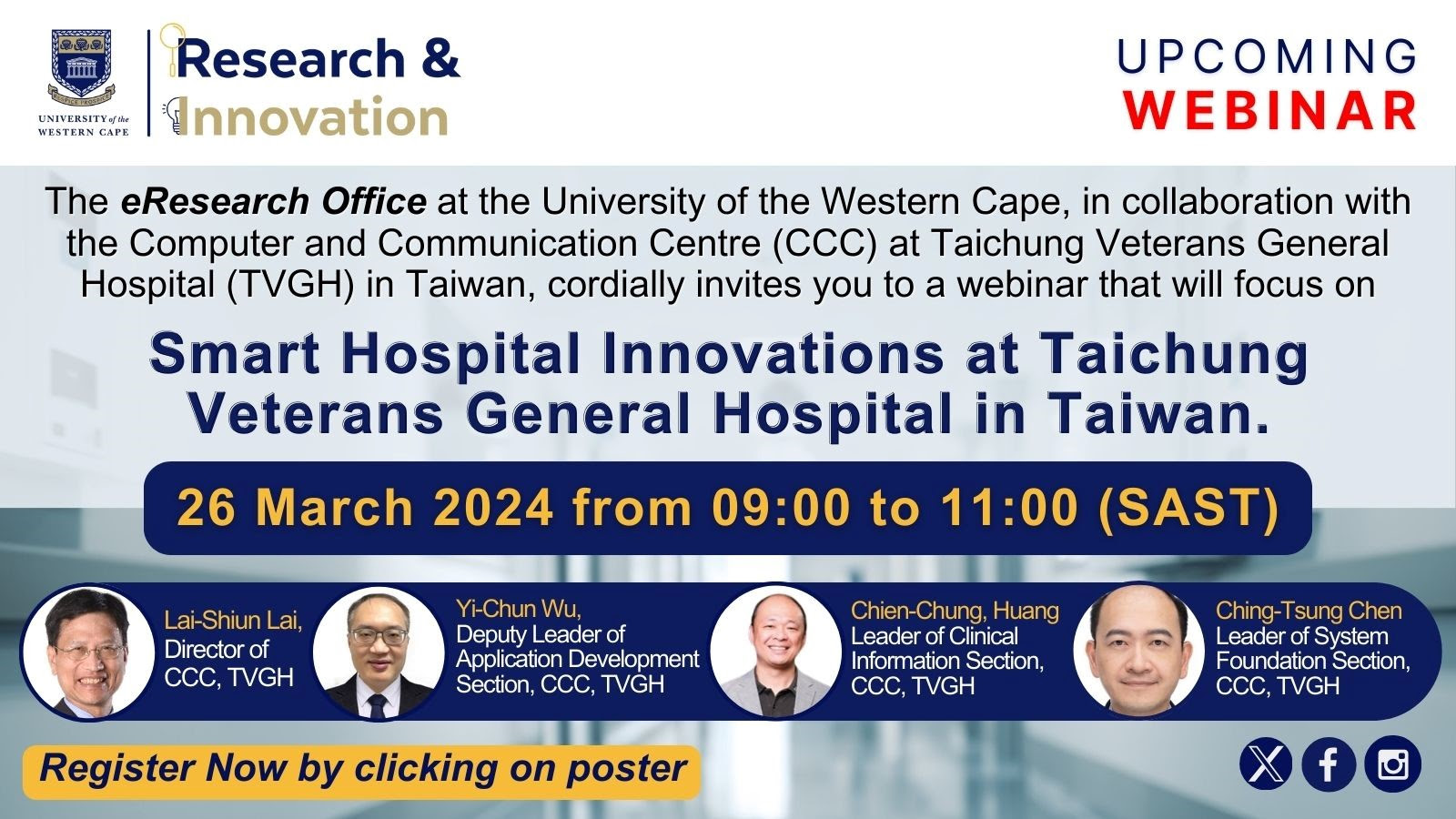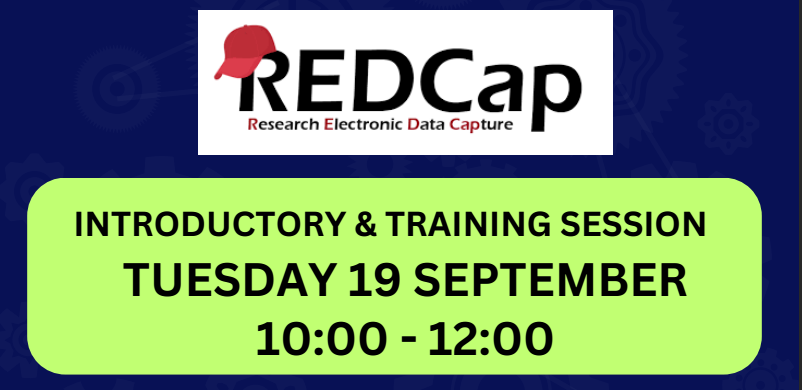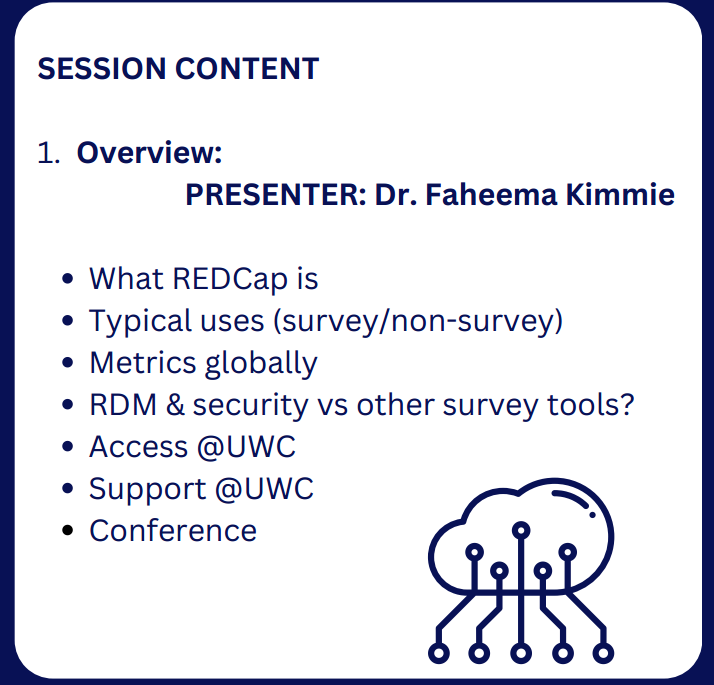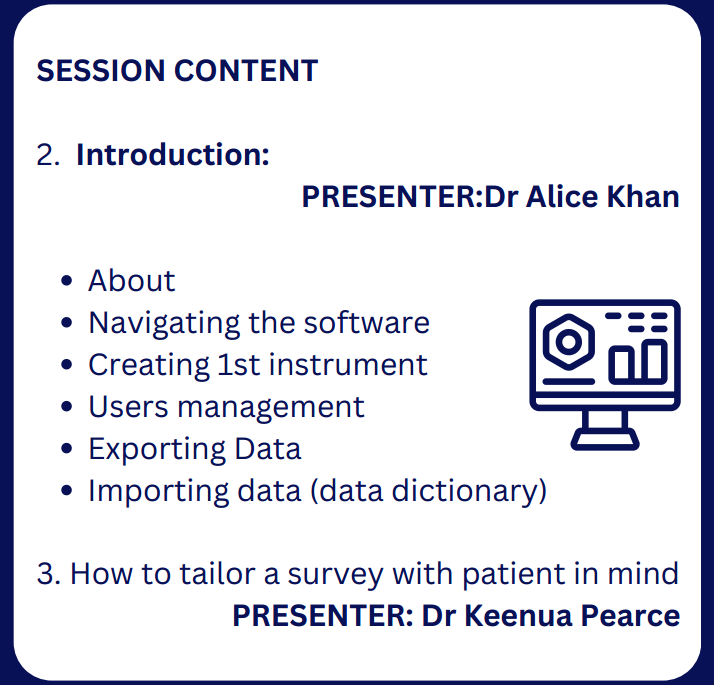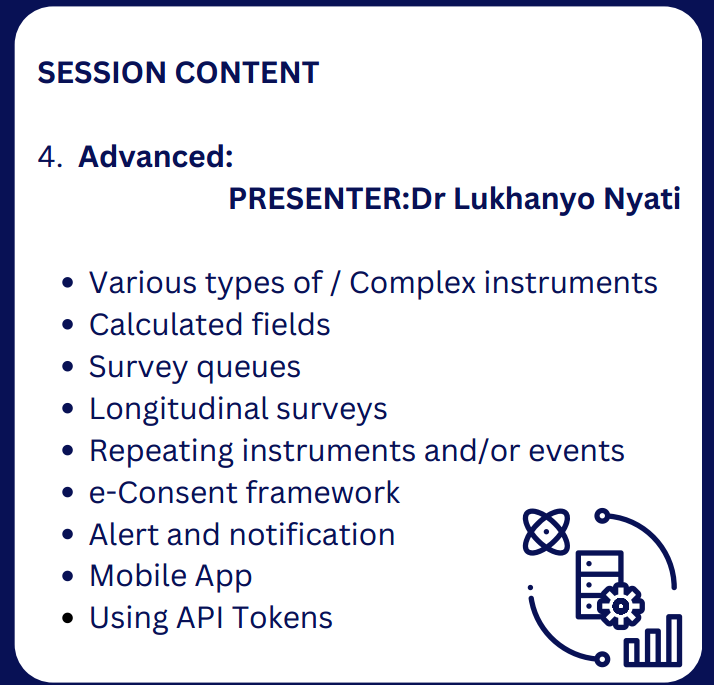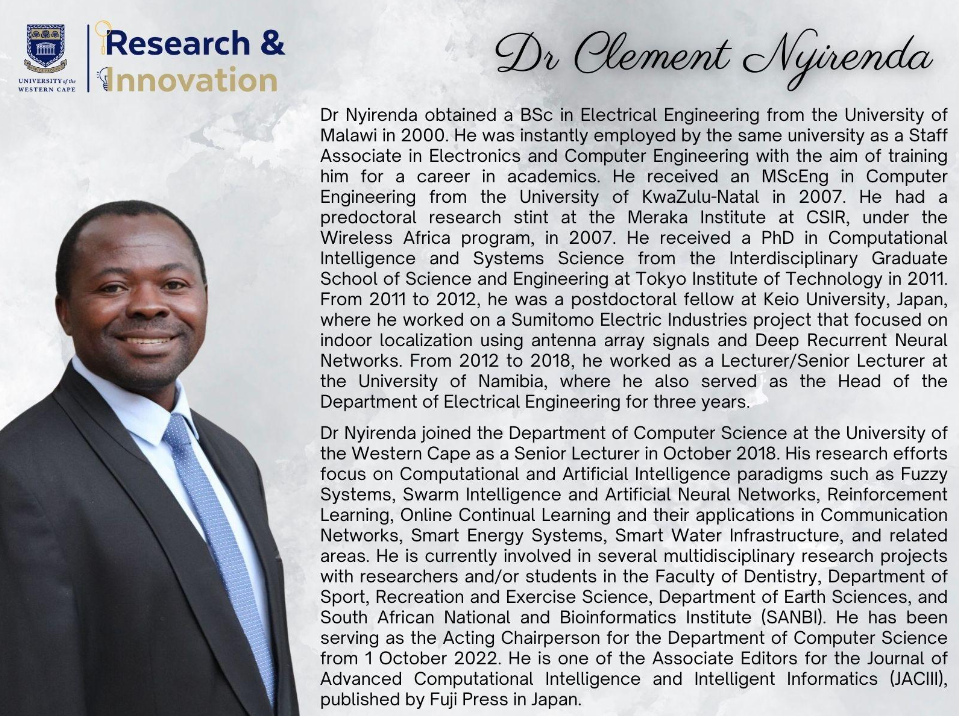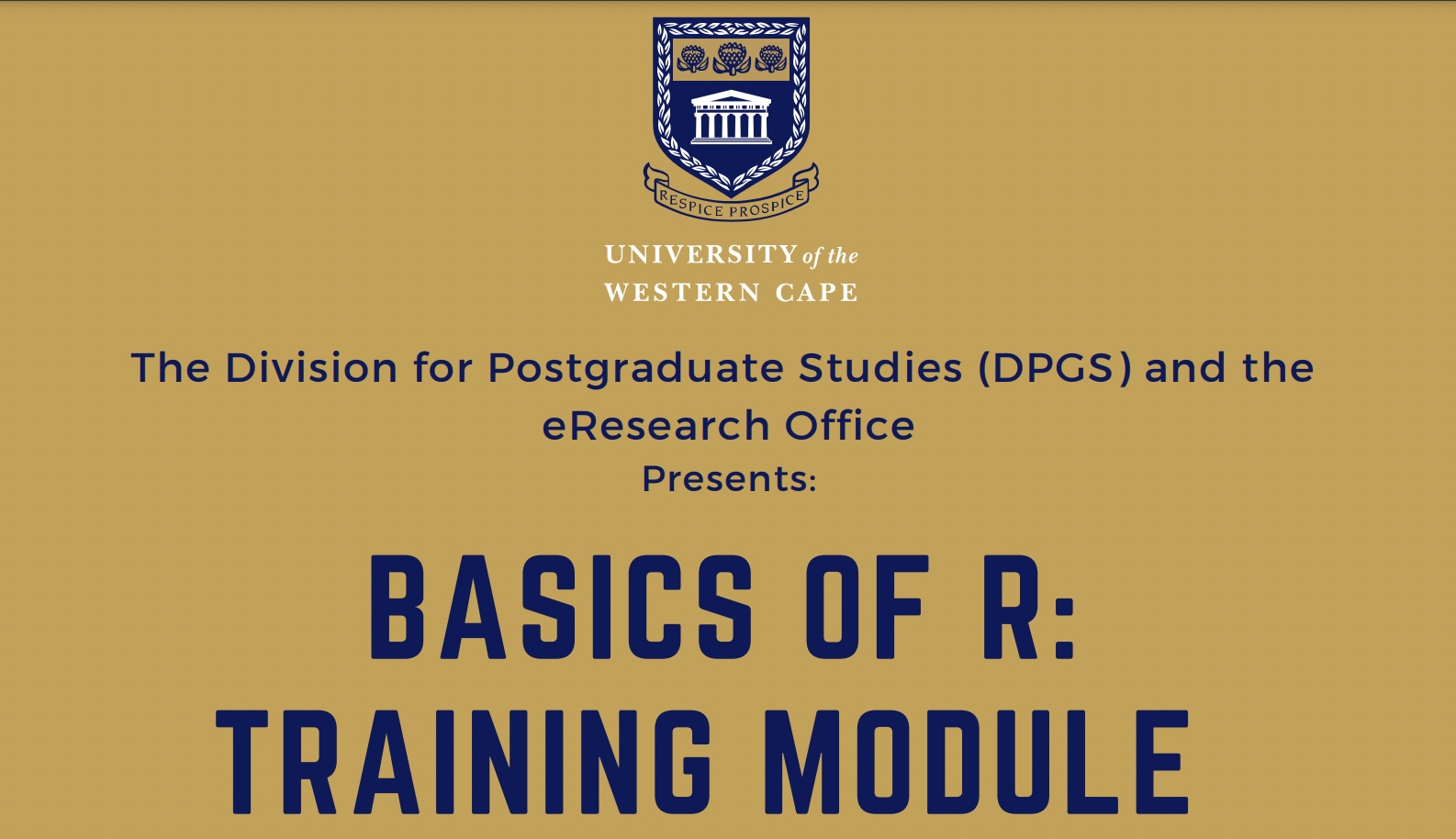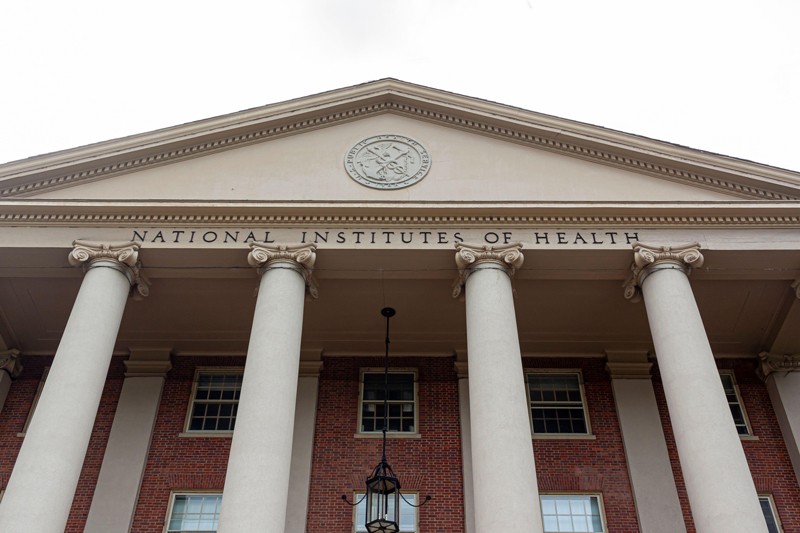The in collaboration with the are organizing a Coding Summer School which
The registration has opened for the annual Coding Summer School (CSS) 2025. This is a joint effort between the Centre for High Performance Computing (CHPC) and the National Institute for Theoretical and Computational Sciences (NITheCS).
The CSS will take place from the 27th January 2025 to the 8th February 2025. It will take the format of a hybrid event where participants will be required to attend specific university locations around the country in-person.
Aim of the School:
“Train researchers across South Africa and Southern Africa in the fundamentals of scientific computing and data science.”
Topics Covered in Python:
– Data Science with Pandas
– ETL and EDA best practices
– Computational Thinking
– Probability Theory & Statistics
– Machine Learning & AI
Note: Students must have some experience in Python.
Format:
– School will run for 2 weeks
– Lectures/tutorials occur Monday to Friday
– Lecture/tutorial times: 09:30 – 16:00 with breaks each day
– Notes and exercises provided
– Certificates awarded to qualifying students
Registration:
The CHPC and NITheCS calls for all talented students registered for Honours, Masters, PhD including postdoc in South Africa to submit their applications. The registration fee is free for all successful Applicants. As public-funded institutions, the CHPC and NITheCS support the transformation of South Africa and thus the School organizers highly encourage students from previously disadvantaged backgrounds to submit their applications.
There will be no scholarship for successful applicants as the school will be hosted on at university locations.
Should you wish to attend the CSS, kindly complete the application form and register online at: https://events.chpc.ac.za/event/145/ before 13 December 2024.
Once registered, students must complete the entrance test found here: https://events.chpc.ac.za/event/145/surveys/8
Successful candidates will be notified within a month of registration and completing the entrance test.
We look forward to receiving your applications.
For more information see: https://events.chpc.ac.za/event/145/overview
For general inquiries please submit a ticket here: https://chpc.freshdesk.com/support/tickets/new and choose the “Coding Summer School” category.
